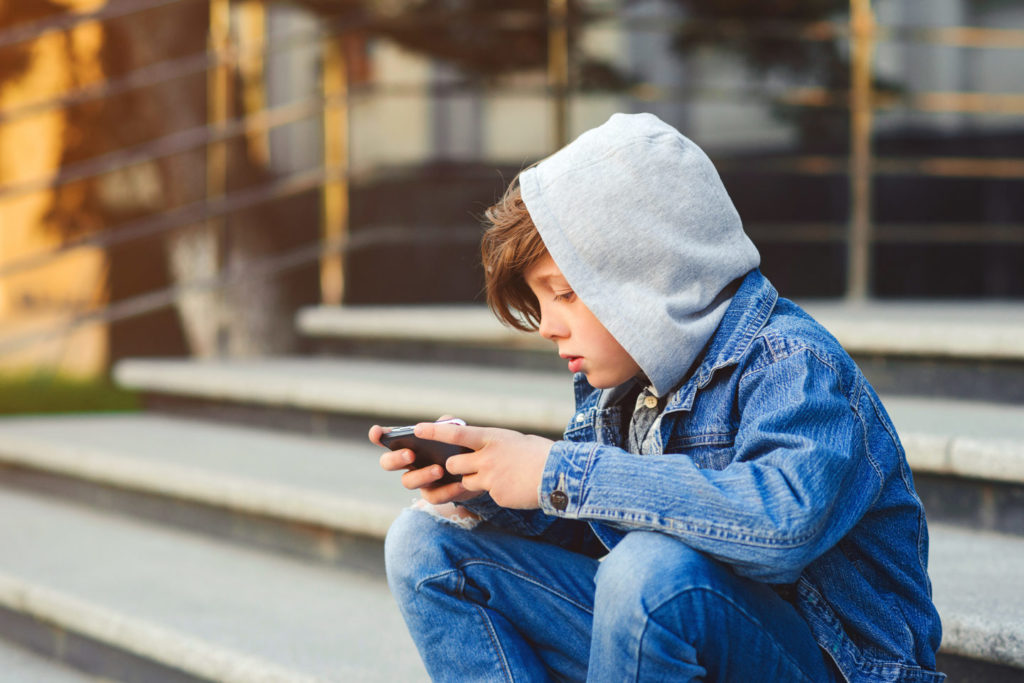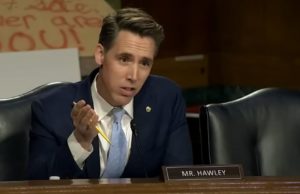Utah Gov. Cox signs bills requiring parental consent on minors’ social media use, among other restrictions
Utah Gov. Spencer Cox made history by approving the nation’s first laws requiring parental consent for a minor to use a social media application.
Four other states are considering similar…

Utah Gov. Spencer Cox made history by approving the nation’s first laws requiring parental consent for a minor to use a social media application.
Four other states are considering similar measures, NBC News reports.
Lawmakers say the new Utah laws, H.B. 311 and S.B. 152, address what some believe is a growing youth mental health crisis, exacerbated by the pandemic.
“We think social media is a contributing factor” to the mental health crisis, state Sen. Michael K. McKell, R-District 25, told the New York Times in a phone interview on Thursday. “We want to tackle that issue.”
In addition to requiring parental consent for a minor to open up a social media account, the laws will also require social media companies to age-verify profiles, while limiting how social media companies market to children, said NBC News.
“The laws also prohibit social media companies from displaying ads to minors, showing minor accounts in search results, collecting information about minors, targeting or suggesting content to minors, or knowingly integrating addictive technologies into social media apps used by minors,” the report reads.
The laws also impose a curfew on the use of social media for minors, locking them out of their social media accounts between 10:30 p.m. and 6:30 a.m. based on the location of a user’s device, unless adjusted with the consent of a parent, said NBC.
The new requirements come as the head of the Chinese social media company TikTok appeared before Congress to answer questions about how chummy the company is with the Chinese Communist Party (CCP).
Critics of TikTok have contended the company has used the social media application to help the CCP compile dossiers on U.S. political and social figures, which include dossiers on their children.
Not only does China have the largest facial recognition database in the world, but it’s technology is so sophisticated that even people wearing a mask can be successfully identified.
The Utah laws, however, don’t concern themselves with national security, but rather the mental security of children.
“I don’t think we’ve ever seen a time in American history where mental health has been so problematic,” said McKell. “I hope we see action across the nation.”
One expert in child psychology agreed that social media holds great pitfalls for kids, without much benefit if unsupervised.
“Social media offers the ‘empty calories of social interaction’ that appear to help satiate our biological and psychological needs, but do not contain any of the healthy ingredients necessary to reap benefits,” Chief Science Officer Mitch Prinstein, of the American Psychological Association, told the U.S. Senate Judiciary Committee last month.
Critics of the restrictions contend that the solution is to provide photo ID for everybody using the Internet, which also lends itself to a type of abuse by social media companies and government.
Social media companies are not required to comply with the law until March 2024.



